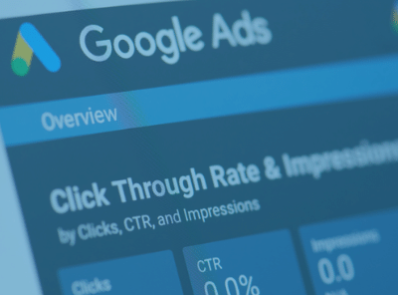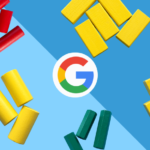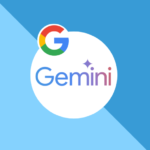Google Ads users were surprised – well, maybe just startled – to receive an email on Thursday, February 4th, announcing some pretty significant changes to Google Ads match types. If you’re using Google Ads to drive traffic and leads or sales, you’ll definitely want to understand how these changes impact your account.
What are keyword match types?
Match types are rules that guide how Google Ads matches your keywords to real user queries. The three match types are summarized below:
Keyword Matching Behaviour: Searches that are loosely related to your keyword
Keyword Example: tennis shoes
Matched Query Examples: footwear, athletic shoes, tennis gear
Keyword Matching Behaviour: Searches that include the meaning of your keyword
Keyword Example: “tennis shoes”
Matched Query Examples: tennis shoes for women, court shoes, best tennis sneakers
Keyword Matching Behaviour: Searches that have the same intent or meaning as your keyword
Keyword Example: [tennis shoes]
Matched Query Examples: tennis sneakers, tennis trainers, tennis shoes
Exact match is the most targeted match type, yet it doesn’t really hold true to its name. Until 2014, exact match triggered an ad only when a user’s query was identical to the keyword. Advertisers needed to create hundreds or thousands of keywords with common misspellings and variations to ensure their ads were triggered for all relevant searches.
As Google’s algorithms became more advanced, match types evolved to include misspellings, singular and plural forms, stemmings, accents, abbreviations and different word orders, and eventually “similar meanings” where the keyword text could be entirely absent from the query.
While this inclusivity makes your Google Ads account simpler to manage, it also makes it difficult to narrow in on the quality traffic you really want.
What is a broad match modifier?
If you have any broad match keywords in your account, you’ll know they tend to swallow up most of your Google Ads budget, often with subpar results. Broad match modifier (BMM) offered advertisers a small reprieve from this boundless matching behaviour by adding some much-needed limitations. Adding one or multiple broad match modifiers to a broad match keyword added specificity by requiring that those words appear in a query in order for it to trigger your ad.
How are keyword match types changing?
The change announced on February 4th, 2021 eliminates broad match modifier (BMM) altogether. Google’s announcement reads:
Starting on February 18th, phrase and BMM keywords will begin to match the same user searches. With this updated matching behaviour, ads may show on searches that include the same or more specific meaning as your keyword. This can lead to an increase in traffic on any phrase match keywords and a slight decrease in traffic on any BMM keywords.
To simplify keyword match types, this new phrase match will fully replace BMM by July. Your existing BMM keywords will continue to work, and you can use phrase match keywords for new keywords you would have previously added as BMM.
The Google Ads team
What now?
According to Google, advertisers don’t need to take any action besides phasing out their use of broad match modifiers to prepare for their elimination in July. In the meantime, BMM keywords will continue to function the same as they did before.
Despite Google telling us no action is required, any change to how the Google Ads platform works warrants looking over your account through a fresh lens. At Ontario SEO, we optimize our clients’ Google Ads accounts based on what’s working now, not just what worked in the past.
If you need another set of eyes to confirm your account is still in great shape, contact us for a Google Ads audit! And if staying on top of updates like these sounds like a headache, it might be time to hand your account off to the professionals. We have a dedicated PPC team who do this all day, every day – let’s free up some of your time, so you can focus on your business.







